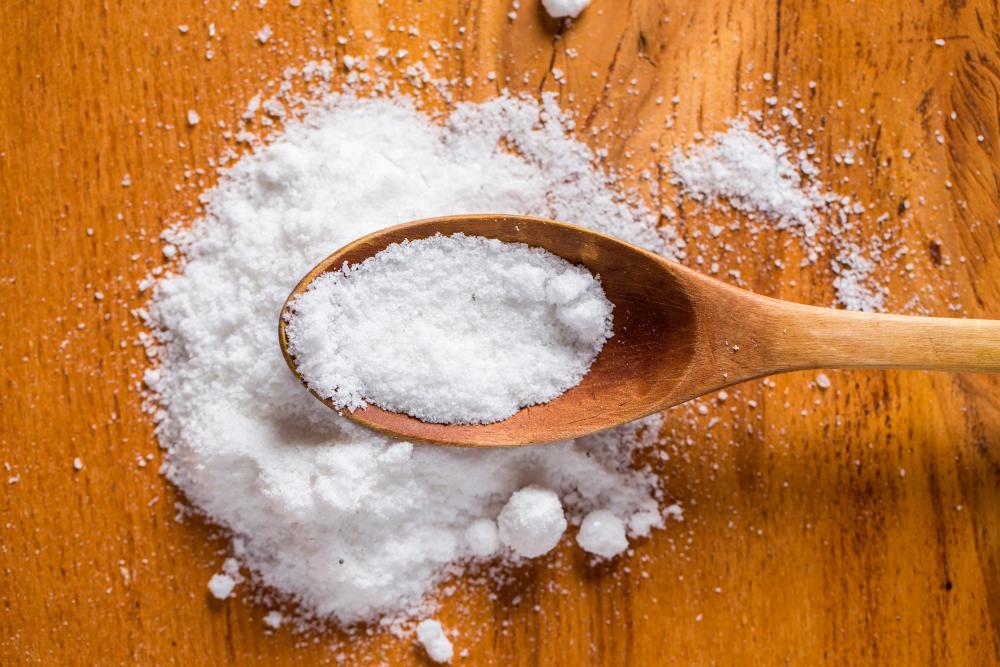PETALING JAYA: Malaysians are consuming an average of 7.9g of salt daily, far exceeding the World Health Organization’s (WHO) recommended limit of 5g, or about one teaspoon, according to health experts.
Excessive salt intake is a growing concern as it can lead to severe health complications such as high blood pressure, stroke, kidney failure, and gastric cancer.
ALSO READ: Social stigma hindering nation’s mental health management efforts – Experts
“The problem in Malaysia is the culture of eating out most of the time,” Dr Wong Teck Wee, a consultant interventional cardiologist at the iHEAL Medical Centre in Kuala Lumpur told The Star.
“The second thing is processed food; it has a lot of salt and sugar. That is why in Malaysia, the biggest killer is cardiovascular disease and stroke, among others.”
The Health Ministry is addressing this issue by launching a “War on Salt” campaign, following its earlier “War on Sugar” initiative.
On Jan 4, Health Minister Datuk Seri Dr Dzulkefly Ahmad said that every RM1 spent on reducing salt consumption could save approximately RM60 in healthcare costs.
Dr Wong highlighted that the harmful effects of excessive salt are not a modern issue.
“Salt has been commonly used as an ingredient in food preservation, a practice that dates back thousands of years to the ancient Egyptian era.
“About 80% of the ancient Egyptian mummies had serious blockages in their arteries, and the reason for that was the salt intake. All these mummies were usually rich or royalty who consumed a lot of meat. A lot of salt is used to preserve meat,” he said.
He stressed that raising awareness and educating the public is crucial to combat this issue effectively. “We can only make changes by educating the public,” he said, pointing to Singapore’s efforts to train hawkers in preparing healthier meals as an example.
He also encouraged using alternatives like herbs, spices, chillies, and vinegar to reduce salt in home-cooked meals.
Dr Ching Siew Mooi, Associate Professor at the Family Medicine Department of Hospital Sultan Abdul Aziz Shah and a treasurer of the Malaysian Society of Hypertension, underscored the need for a multi-pronged approach to tackle the issue.
“The War on Salt campaign aims to reduce excessive salt intake, which is a significant risk factor for hypertension that would eventually lead to cardiovascular disease,” she said.
She emphasised the importance of public awareness, collaboration with the food industry to reduce sodium in processed foods, and clearer labeling of sodium content.
“Education on the health risks of high salt consumption is critical, especially in rural and urban populations with varying dietary patterns,” Dr Ching said.
She added that efforts should target schools, restaurants, and public institutions to promote low-sodium options.
“Utilising partnerships with organisations like the Malaysian Society for World Action on Salt, Sugar, and Health (MyWASSH) to reach diverse demographics in Malaysia is needed. A sustained, multi-stakeholder approach can help reduce disease burden and improve public health,” she said.









